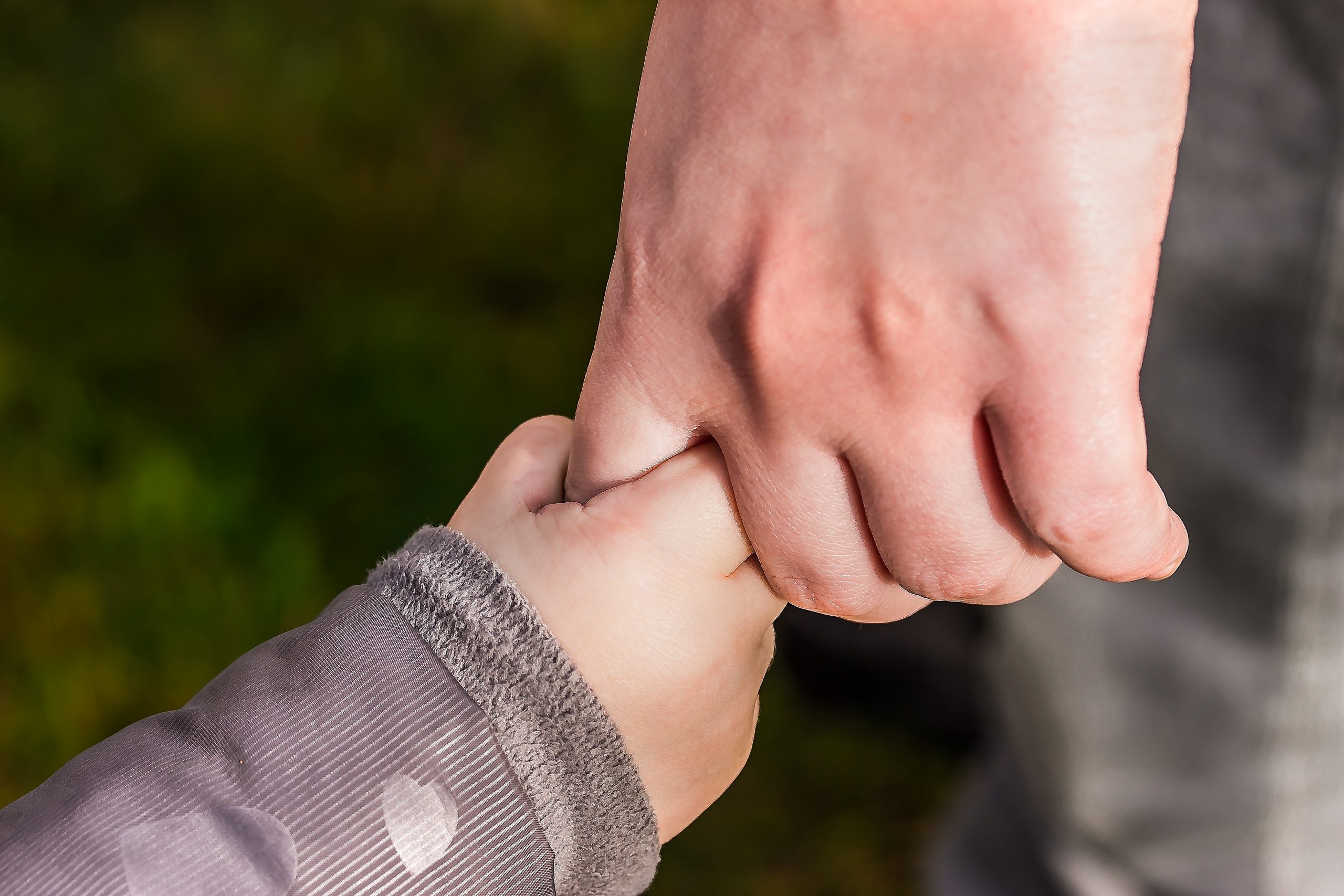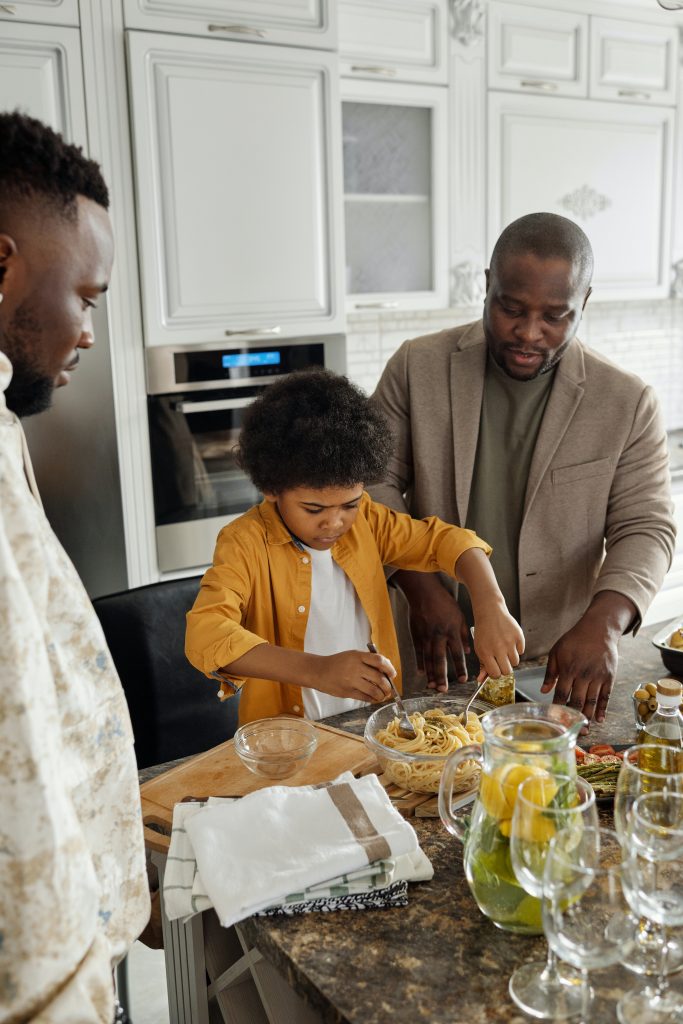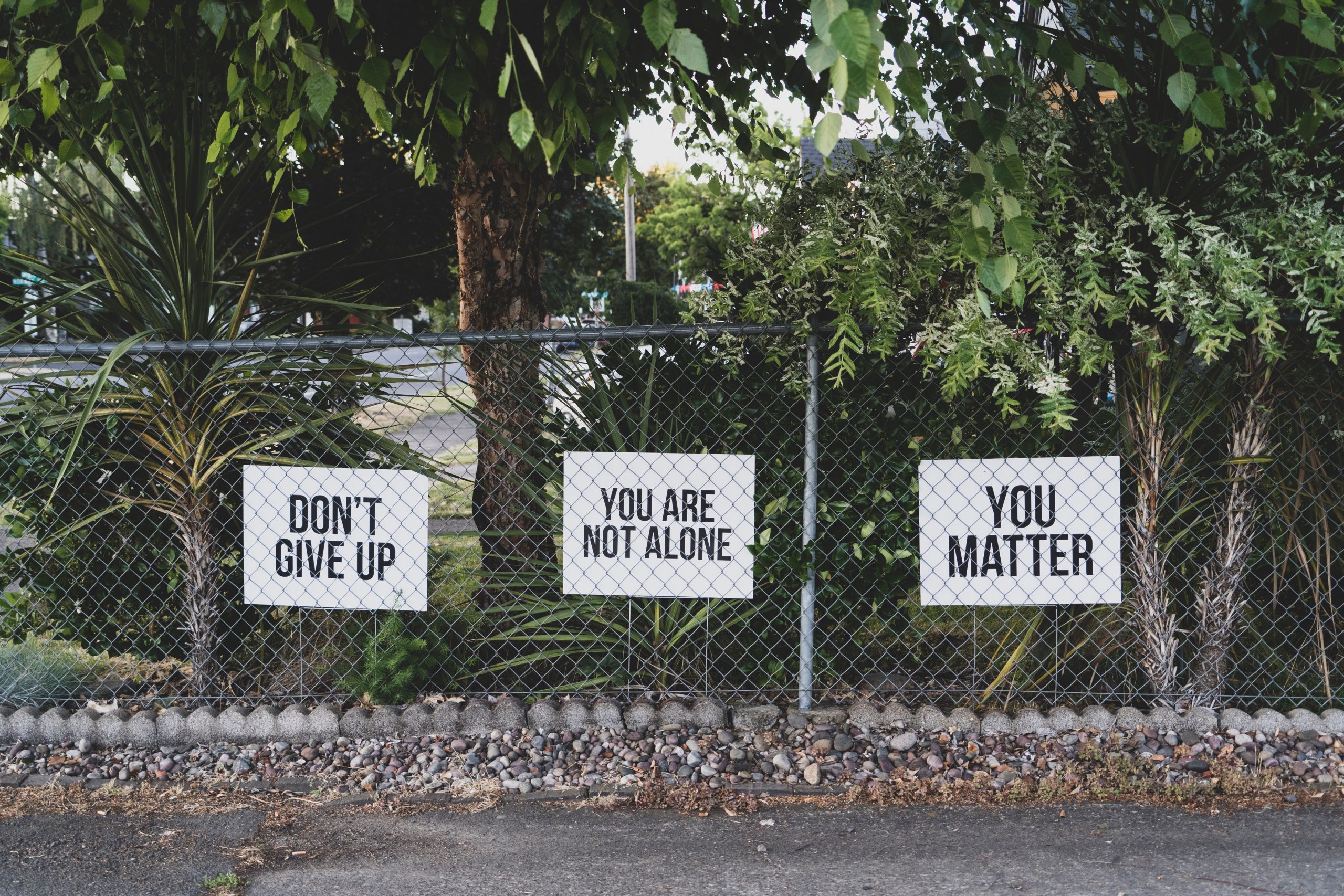That’s a question I hadn’t thought about much until I recently read a parenting book that opened my eyes on the topic.
And after reading it my answer to the question in the title of this post was… yes, I am overparenting! So in addition to trying to make some adjustments on my end, I’m going to share what I learned with other parents because I think the consequences of overparenting are significant and I know we all want the best for our kids.
Two things before we jump in:
First, let’s define what I mean by “overparenting”. By that I mean being a helicopter parent, micro-managing your kids by hovering around and constantly doing everything for them.
Second, who am I to write a post on parenting? Nobody! I’m a parent trying to figure it out myself… so take what you like and leave the rest.
Not sure if you’re overparenting? Ask yourself these 5 questions:
- If your child gets in a minor disagreement do you jump in and resolve it?
- If you go to a restaurant do you pick out your kid’s meal and order it for them?
- Do you have to get your kids up in the morning, remind them to make their bed, remind them to brush their teeth, make their breakfast, make their lunch, remind them to fill their water bottle, remind them to get their mask and generally exhaust yourself each morning?
- Do you “help” your kids with their homework and school projects because if they did it solo it would probably be embarrassingly bad?
- Do you focus so much of your time on your kids that if someone asks you what you do for fun nothing pops into your head as a response?
So how did you do on my little made up quiz? If you answered “yes” to 3 or more of those questions it seems to me like you may be in the overparenting zone. (Of course some of the answers depend on the age of your kids, but you get the point.)
Ok, so maybe you’re overparenting a little bit based on your responses above. What’s the risk? You love your kids and you want to be the best parent possible. That’s great! The problem is the consequences of overparenting can really hurt your child’s development and I know that’s the opposite of what you want. (Plus if you’re overparenting you’re likely exhausted!)
The book I read recently that helped me learn about this issue is titled “How to Raise an Adult” by Julie Lythcott-Haims. In the book, the author helped me see that we’re clearly doing this overparenting thing in our home and it really brought home the potential consequences of this parenting style.
The main premise is that by jumping in and doing everything for our kids we are robbing them of the chance to struggle, fail, learn and grow as a person. As humans we have to struggle through things, feel some consequences and deal with some stuff on our own via trial and error to improve. If someone jumps in, solves every problem, smooths every bump in the road, answers every question for their child how can the child grow into an independent adult? They can’t…and they won’t! Hence the reason a large number of kids that go off to college aren’t prepared and really have no idea how to do anything on their own!
At this point I’m going to provide 10 of the suggestions I learned from the book on how to stop overparenting. This only scratches the surface on the value provided in the book. For example, there is a ton of great info on the college selection/admissions process that will really benefit parents with older kids. If any of this resonates with you I highly recommend the book. **GIVEAWAY ALERT FOR SCOOP READERS: If you’ve read this far into the post I commend you as a caring parent. For the first 7 people that email me their name and address in the neighborhood I’ll deliver a copy of the book free to your front porch! (My email is joe@focus-realtors.com) You just have to promise to read it, put some of it into action and then share the book with another overparenting friend! (My guess is you know one…it’s always easier for us to see in other people than in ourselves)
10 Ways to Stop Overparenting:
1. Give your kids as much responsibility as they can handle at their current age. This means we’ll have to accept some things are done not quite as well as we could do them, but the point is they are doing them and learning. I think as parents we grossly underestimate how much our kids can do on their own! The book has a great section of what kids are capable of at certain ages. For example, we’re now having our kids set an alarm, get themselves up for school, make themselves breakfast and be ready for school with their water bottle, mask, backpack, lunch, etc. They are 13, 11 and 7 and they’re all capable of it. Is it perfect? Nope, but it’s getting better. (The 7 year old is doing the best job so far! Don’t tell the older ones.)
2. Don’t do their homework or their school projects for them! Sometimes this path requires you to set your ego aside as a parent. You know if they do it on their own they will make mistakes, it won’t look great and it won’t stack up well because other overparenting parents will be helping their kids! The point is for them to learn and grow. What message are you sending when you do it for them? What are they learning? Maybe you assist by answering their questions and pointing them in the right direction here and there. But you don’t need to do the work and their end product is not a reflection of you. (It’s about them and their growth! Let the other parents turn in the project that they clearly did on their own. You’re in it for the long game.)
3. Get a life! Sometimes we’re doing so much for our kids because we don’t have much of a life ourselves. Live your own life and let them see how you work hard, see how you strive for goals, and see how you’re not afraid to try and possibly fail. This is good for you and it’s good for them. They shouldn’t be the center of everything you do.
4. Let the kids be bored sometimes. As parents we have their lives so scheduled they don’t know what to do with blank space. Clear some space for them and stay out of the way. See what happens. If every part of every day is scripted they won’t know what to do with blank space when they get it later in life, when they have to figure out their own next step.
5. Enforce consequences on our kids when they don’t’ meet expectations. If we don’t, they quickly learn they can get away with anything and their behavior suffers. Long term, their actions out in the real world WILL have consequences, so they need to learn that early while consequences are low.
6. Don’t jump in and solve your kid’s problems. When your kids look to you to solve their problem instead of jumping in and solving it for them ask them questions to prompt their thinking, listen and then see what they think they should do in this situation. This encourages them to learn to think before they seek help from others. You bring a problem, you come with a potential solution too.
7. Teach your kids how to do things. Here’s how in 4 steps:
1- We do it for you (this is where most of us are stuck as parents!)
2- Then we do it with you.
3- Then we watch you do it.
4- Then you do it completely independently
Steps 3 and 4 are the hard ones! They involve us as parents allowing the kids to do things not quite as good as we think we do them ourselves. We have to be ok with imperfection. If we constantly correct and tweak what they do they will stop striving to do it right, knowing their parents will fix it for them. Value growth and learning over accomplishment and getting things perfect.
8. Let the natural consequences play out when your kid makes a mistake. I forgot my homework for school! Don’t leave work and go get it for them. Let them struggle all day without having what they need. They won’t forget it next time. (Sounds a little harsh, right? The key is thinking long term and not short term. The lesson they’ll learn is worth the short term pain.)
9. Help your kids develop a growth mindset. This means viewing criticism, setbacks and challenges as chances to learn and get better. Not chances to blame other people or focus on things that are out of our control. (This reminds me of Jocko Willink’s “good” rant which you can watch here. It’s short. It may be a little heavy/dark for a parenting post but I love the message and think it applies!)
10. Let your kids speak for themselves. When you’re out in the world with them let them know in advance they’re going to be doing the talking in the situation you’re going into. Resist the urge to answer for them or jump in when they make a little mistake. Once they’re done speaking confirm what they said if needed and add any additional information. (buying groceries, ordering at a restaurant, talking to their coach, etc.) This makes the day to day errands more interesting anyway. It’s a training ground for them so they know what to do when they’re out on their own.
Well hopefully you found a few nuggets of value in this post! I’ll end it with a definition of a good parent from the book that I found useful:
“Good parents set high standards, expectations, and limits, which they uphold with consequences. They are also emotionally warm, and responsive to their child’s emotional needs. They reason with their kids, engaging in a give and take for the sake of learning. They give their child freedom to explore, to fail, and to make their own choices.”
Good luck out there parents!
Other Parenting posts from the Scoop:
Helping our Kids Become Athletes for Life
The Example We Are Setting for Our Kids






